
by Stuart Sim
The right to express political dissent is supposedly integral to democracy, but it is coming increasingly under threat from authoritarian governments. The danger this poses to the liberal democratic community is the subject of my latest book, A Call to Dissent. There, I argue for a greater challenge to be made to the dogmatism, prejudice and bigotry that has become so rife in public life. There has been a noticeable drift towards authoritarianism internationally in recent years, and with that a demonisation of dissent and dissenters by the political right. This has to be considered a trend that bodes ill for democracy.
It is not difficult to find examples of political dissent being suppressed around the world at present, and they just keep on coming. One of the most striking of late is that the Russian invasion of Ukraine cannot be challenged in Russia itself. A law has even been passed criminalising the public expression of anti-war sentiments. As far as the Russian government is concerned, its official line on the war is to be accepted at face value by the country’s population and it is all but treasonous to question this in any way. Fines or imprisonment await any brave enough to try, and it is always worth remembering how many of President Putin’s critics have been the victims of poisoning.
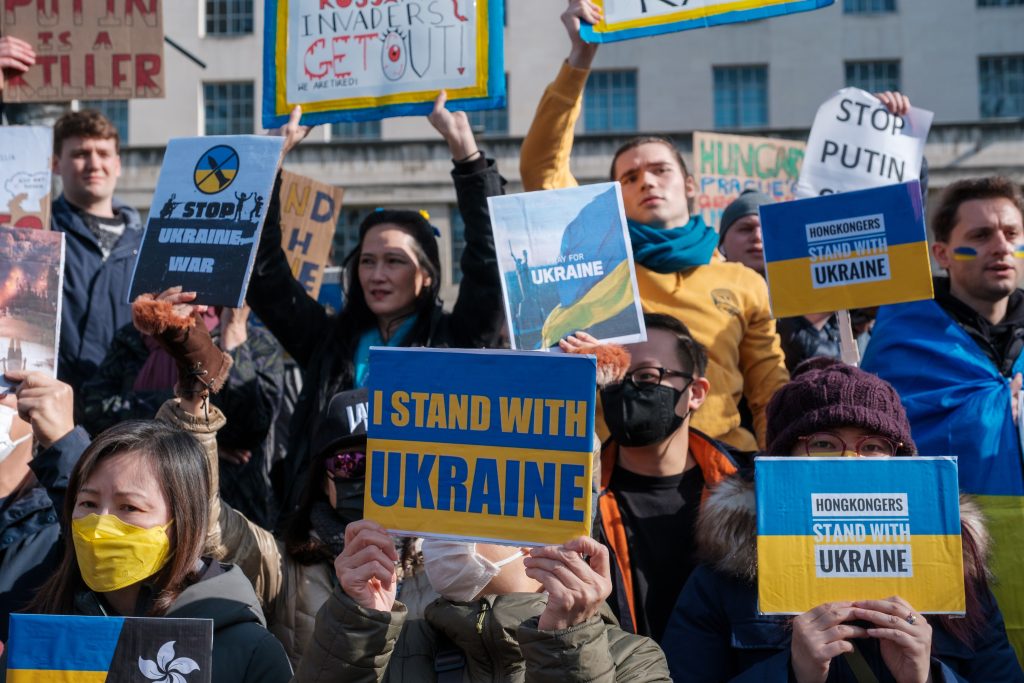
The ‘War’ on Woke
We have become used to such hostile attitudes towards dissent in the non-Western world, where oppressive one-party states are quite common. But Western democracies have been cracking down on criticism as well, especially those with right-wing governments. Street protests can be banned on the grounds that they disrupt public order (as both Extinction Rebellion and Black Lives Matter have found). Media that are critical of government policy can be made the target of restrictive legislation aimed at curbing their editorial freedom. Any publicly-owned broadcaster, such as the BBC, can find itself subjected to budget cuts and having to cope with endless carping by government ministers – as well as veiled threats to abolish the institution altogether. Channel 4, for example, has been lined up for sale to the private sector by the current Conservative government.
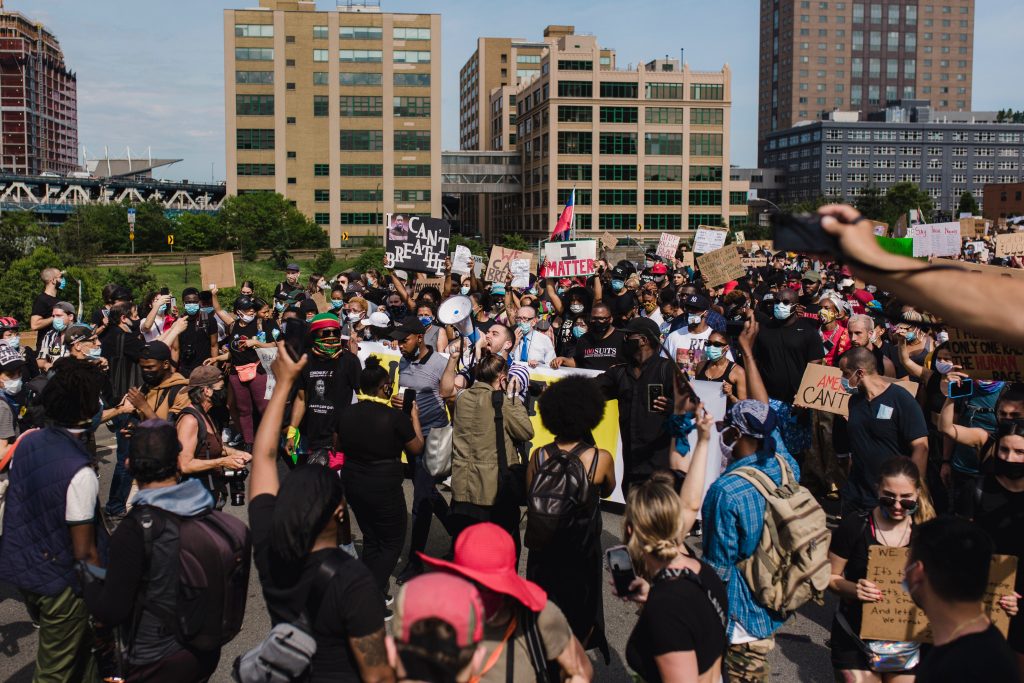
This is all part of the government’s attack on woke; which has come to mean anyone who disagrees with their politics. Declaring a ‘war’ on woke, represents yet another demonisation of the right’s opponents. As the far right sees it, if you are woke then you deserve no respect; your views are to be discredited. We need to keep reminding ourselves, therefore, what it means to be woke. Since above all it means to be in favour of social justice, it is surely a warning sign when any government decides to wage war on that.
Dissent Not Optional
Dissent cannot be regarded as an optional part of democracy. To attack it is to diminish the very idea of democracy. Historically, such attacks have come from the far left as well as the far right, but it is the latter that is currently putting democracy so much at risk. Ideological extremism is unmistakably on the rise, to be found even within the EU. Hungary, for example, has steadily become more and more illiberal in recent years, as has Poland. Then there is the case of the Republican Party in America, which still officially refuses to accept that it lost the last presidential election, and continues to indulge the wilder fantasies of Donald Trump and his supporters. Again, any criticism is simply dismissed as woke, as if there could only be one way of interpreting events – the antithesis to the ethos of democracy.
Proud to be Woke
A Call to Dissent takes a wide-ranging view of this issue, pointing out how the suppression of dissent and opposition can be found occurring in almost any walk of life. Organisations in general do not take kindly to criticism, as whistleblowers have found to their cost many a time. Political ideologies do not like being called into question, and their leaders can be quite ruthless in shutting such opposition down. Religions have always tended to be very conservative when it comes to their doctrines, and the historical record shows that anyone who chooses to challenge these can all too often find themselves being charged with heresy.
To resist all such attempts to silence us we should embrace being woke and show that we are determined to keep the spirit of dissent alive and well in our culture.
Want to keep up to date on things Politics? Sign up to our mailing list.
About the book
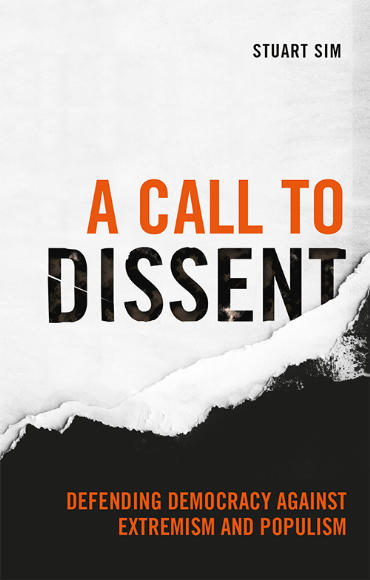
Defending Democracy Against Extremism and Populism
by Stuart Sim
Pre-order your copy
A rallying cry to defend democracy from the evils of authoritarianism, prejudice, bigotry and apathy
About the author

Stuart Sim is a retired Professor of Critical Theory at Northumbria University. He is widely published in the fields of critical theory, literary studies and philosophy, and is a Fellow of the English Association.


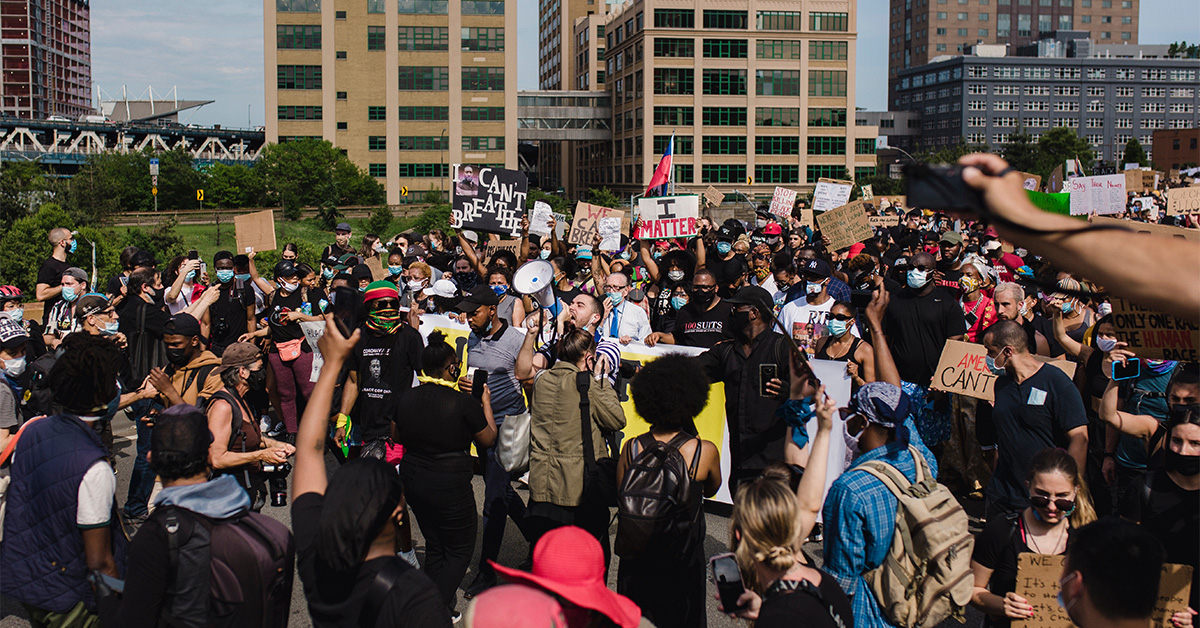

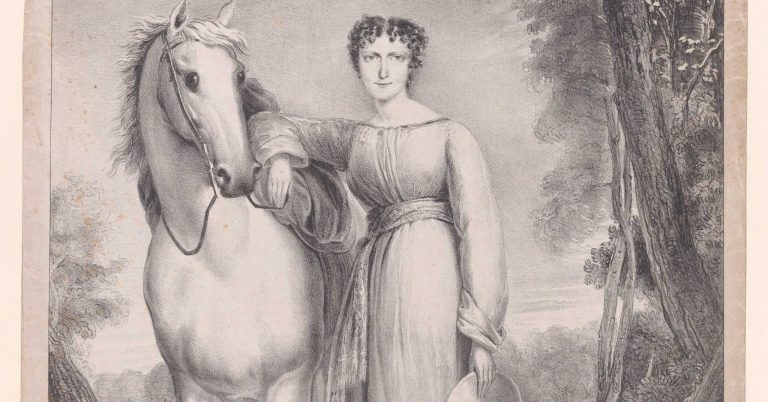
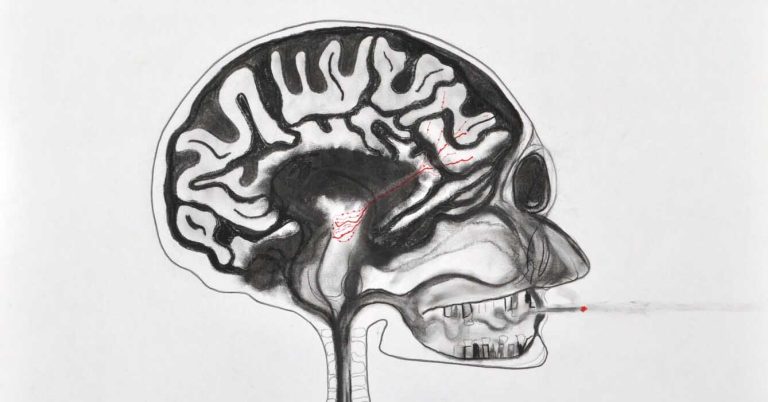
I can give a list of right-wing dissenters who have been banished from social media and a list of subjects that it is forbidden to discuss there by the Terms and Conditions, whilst there is still a Marxist and left-wing presence on Twitter, Youtube etc. Academia is also subject to speech codes, the DIE protocols and targeted harassment against academics (e.g. Kathleen Stock at Sussex, but there are plenty of other cases). So it seems delusional to think that modern governments and other authorities are aiming to crack down on the globalist left rather than the radical right. An interesting topic for sure though!